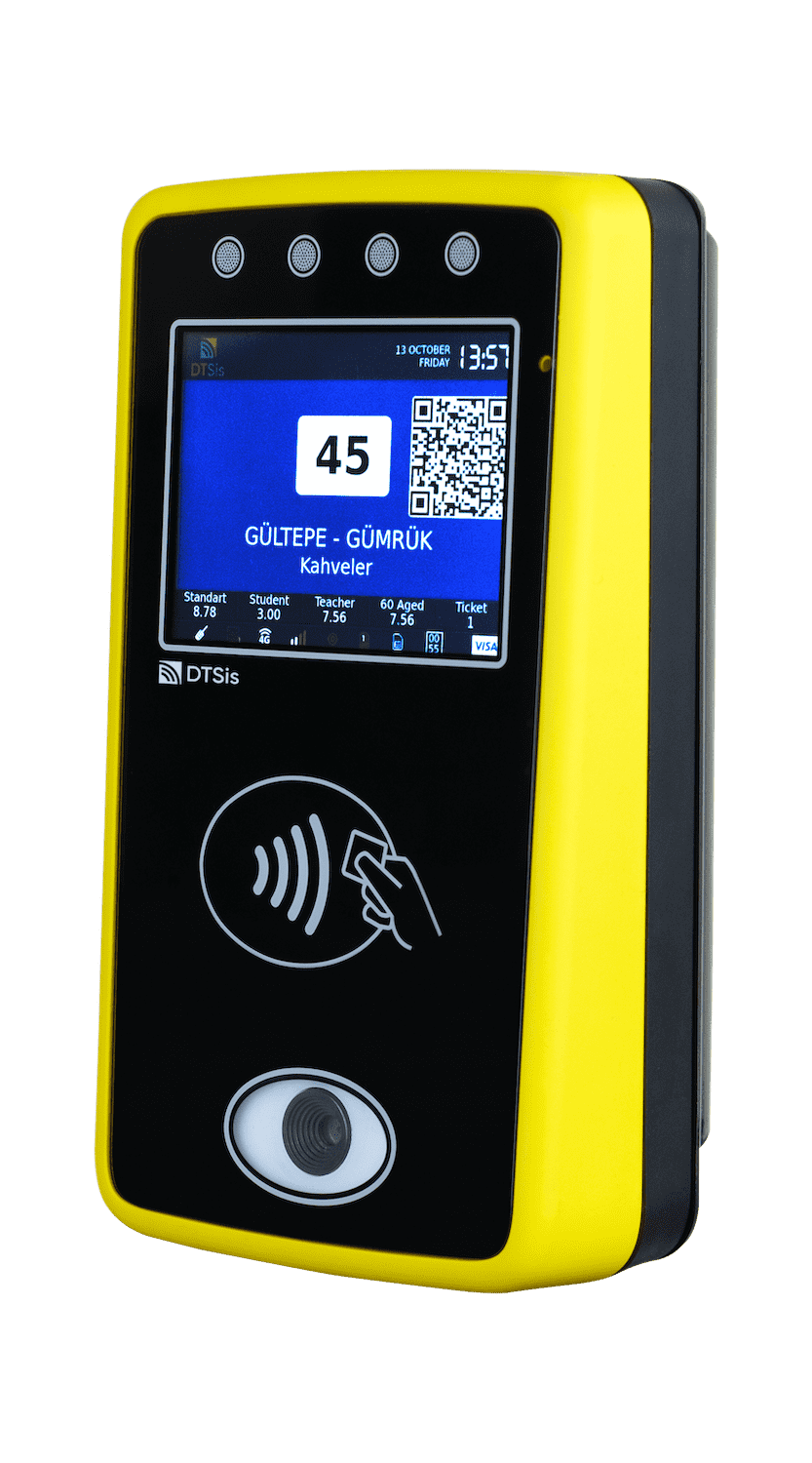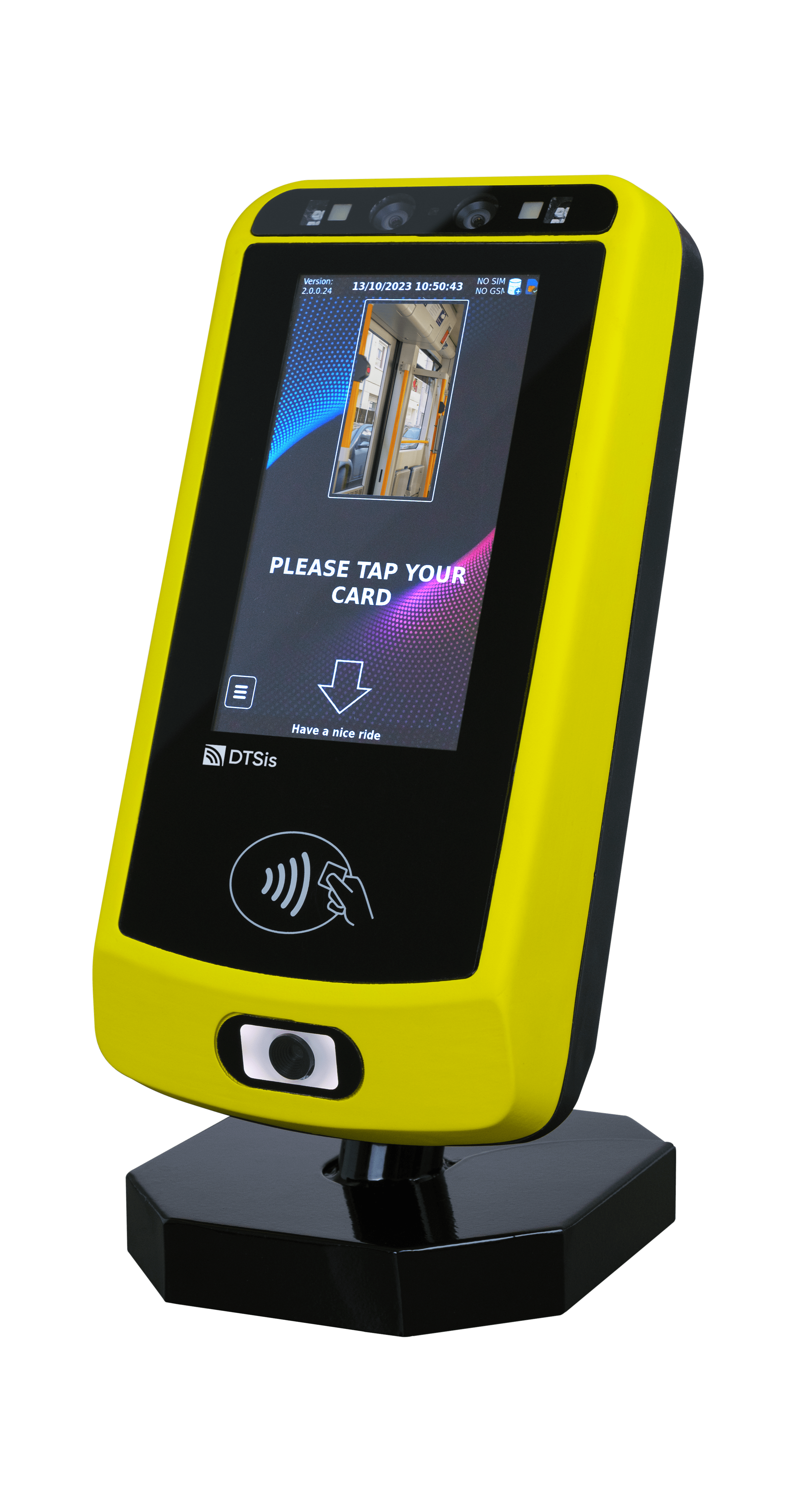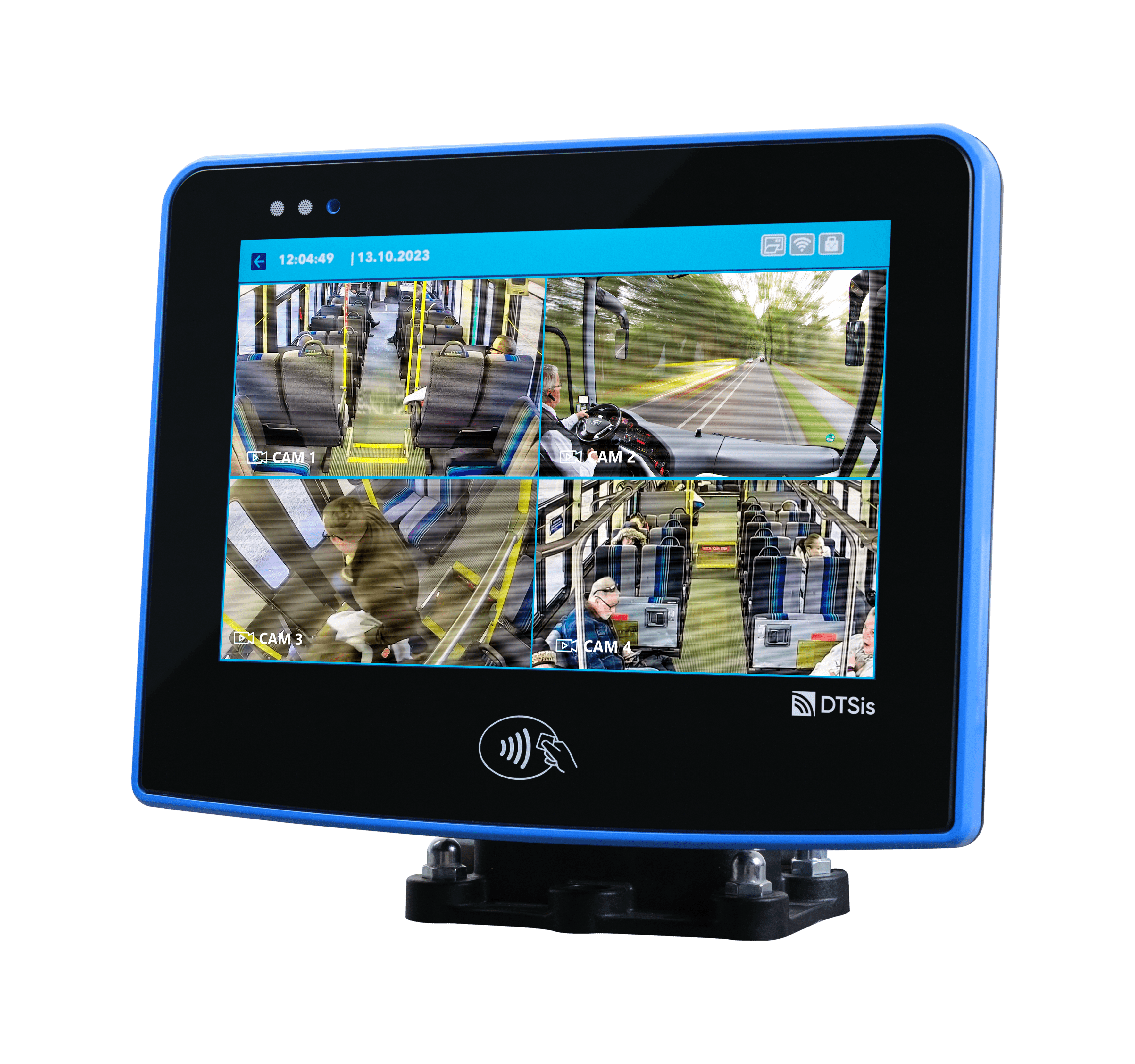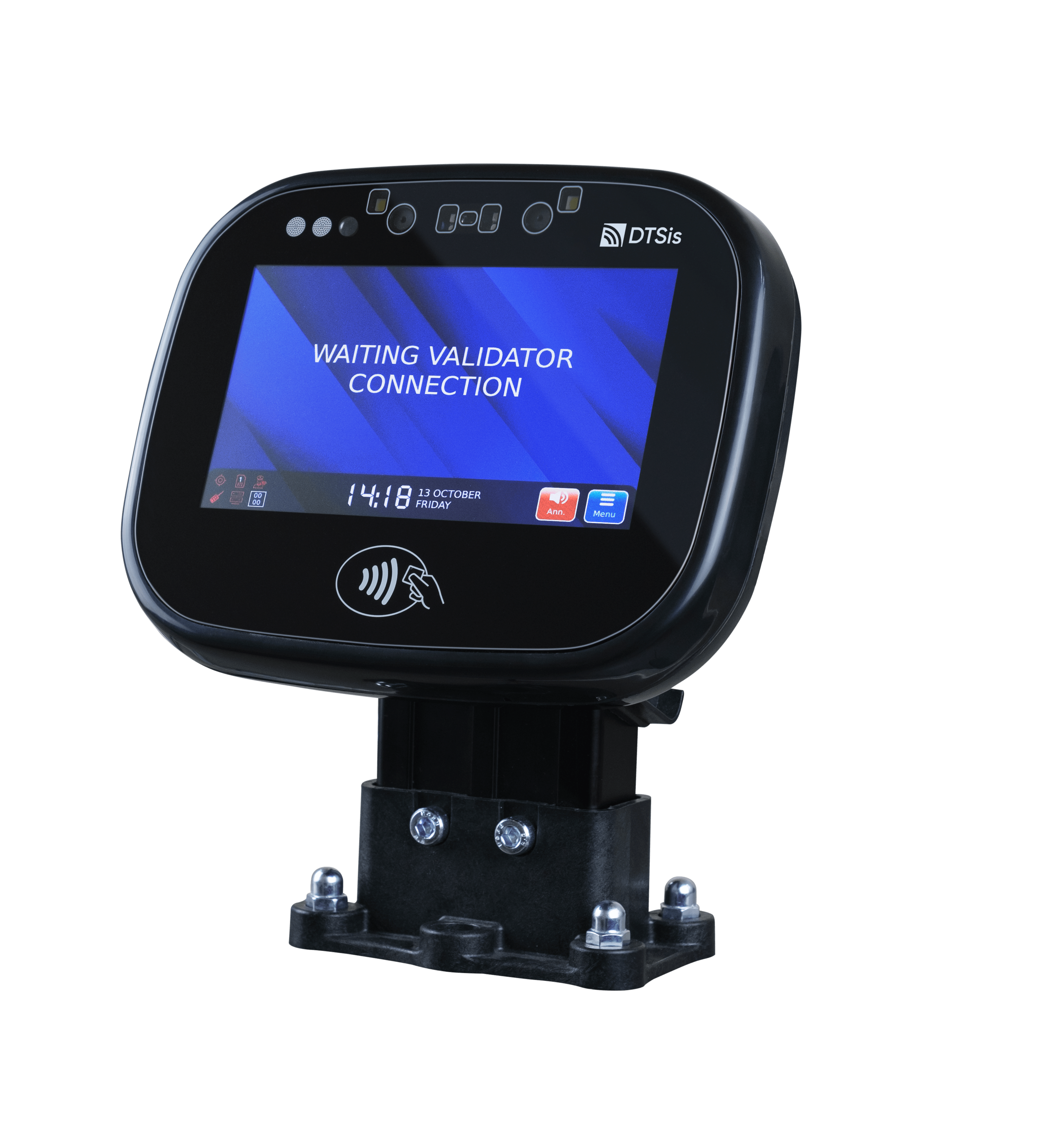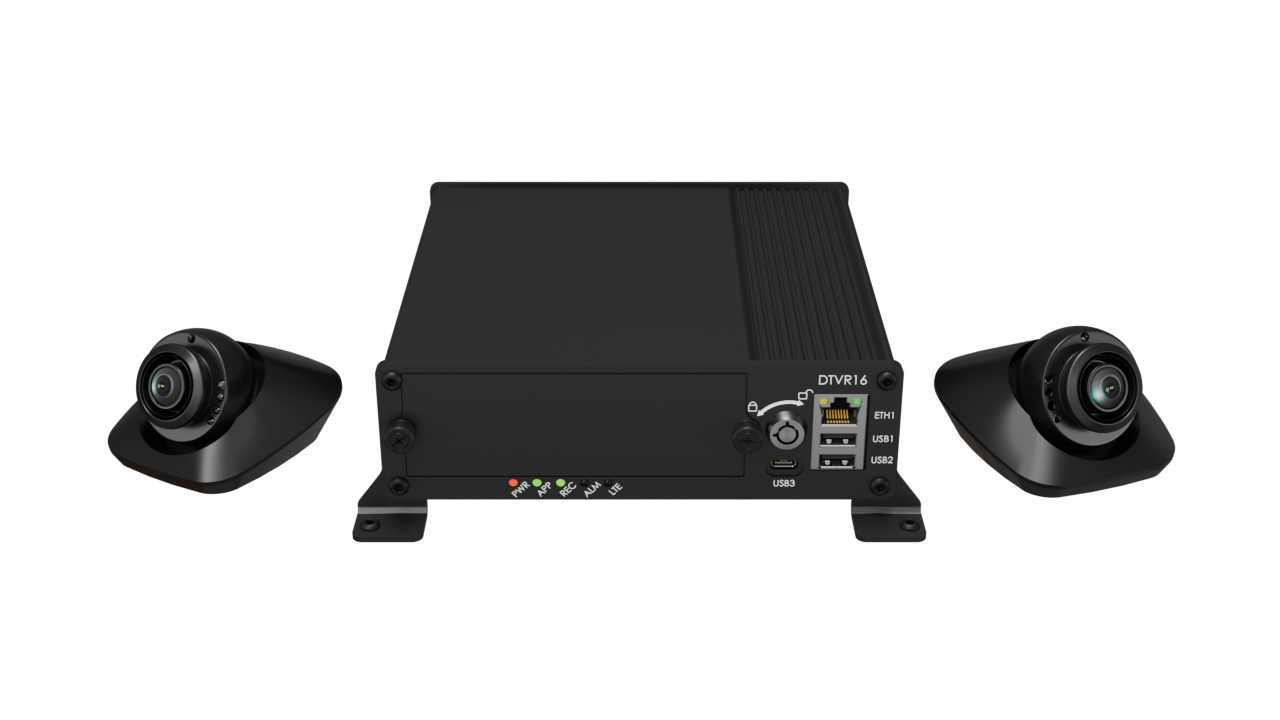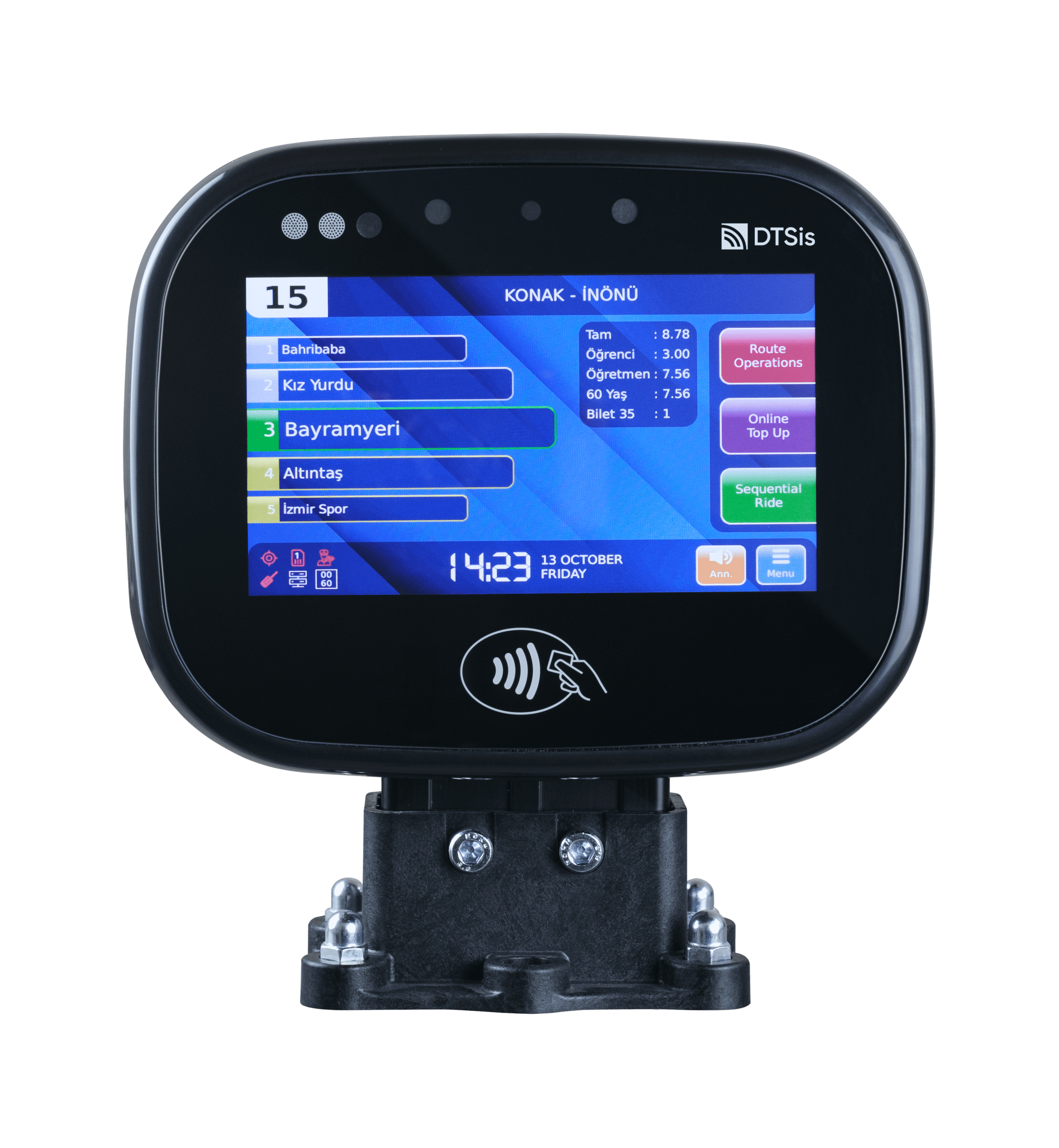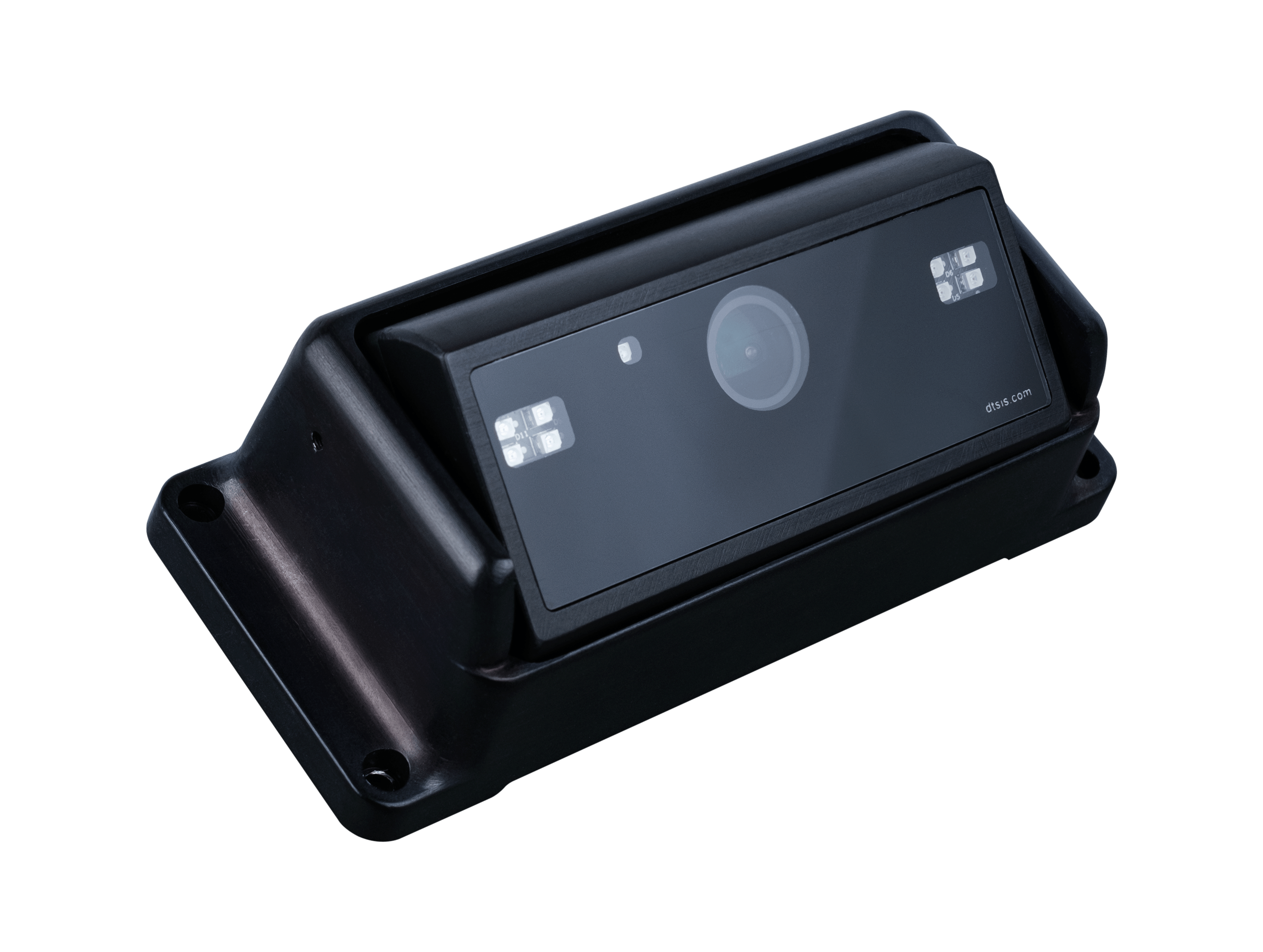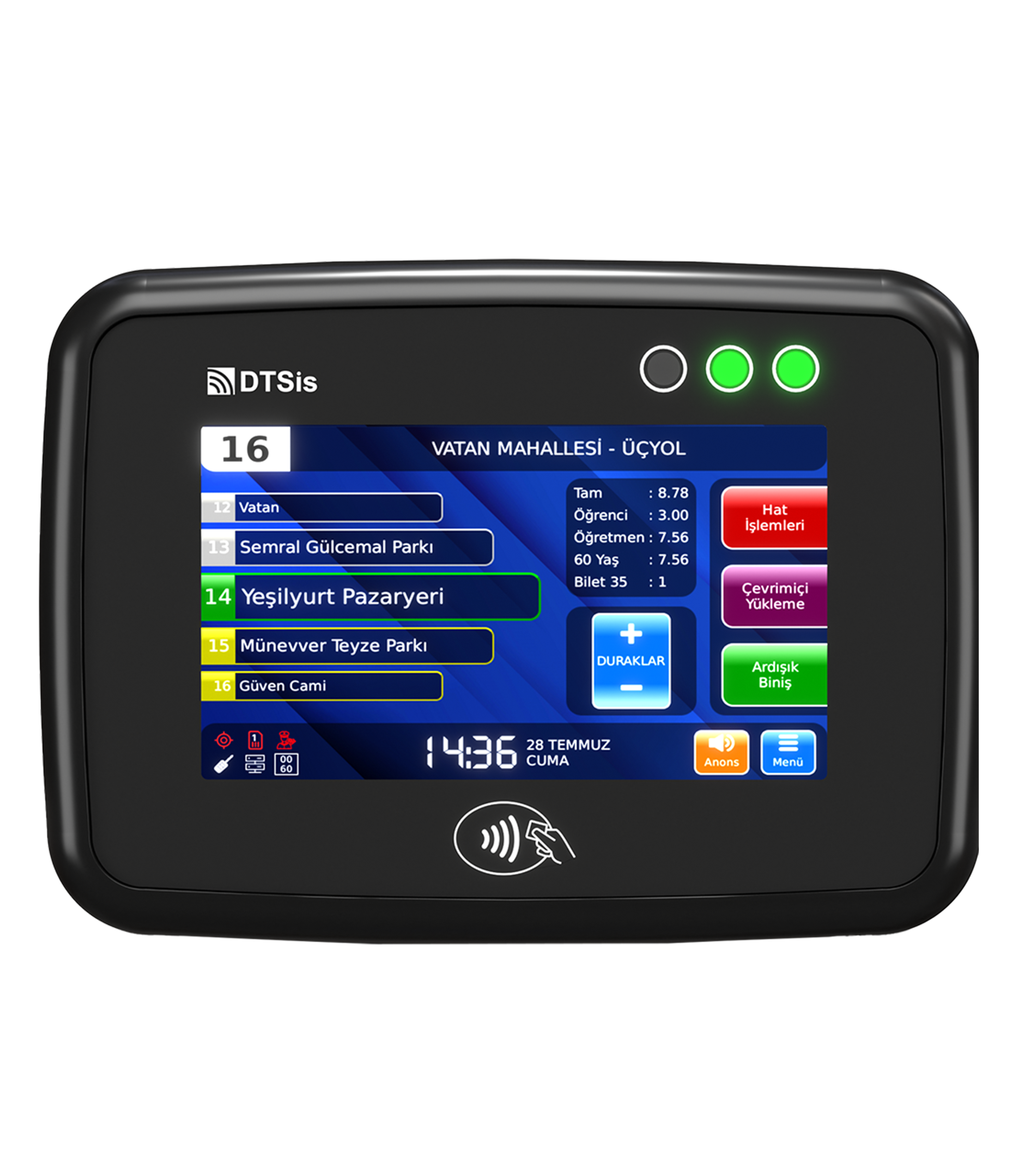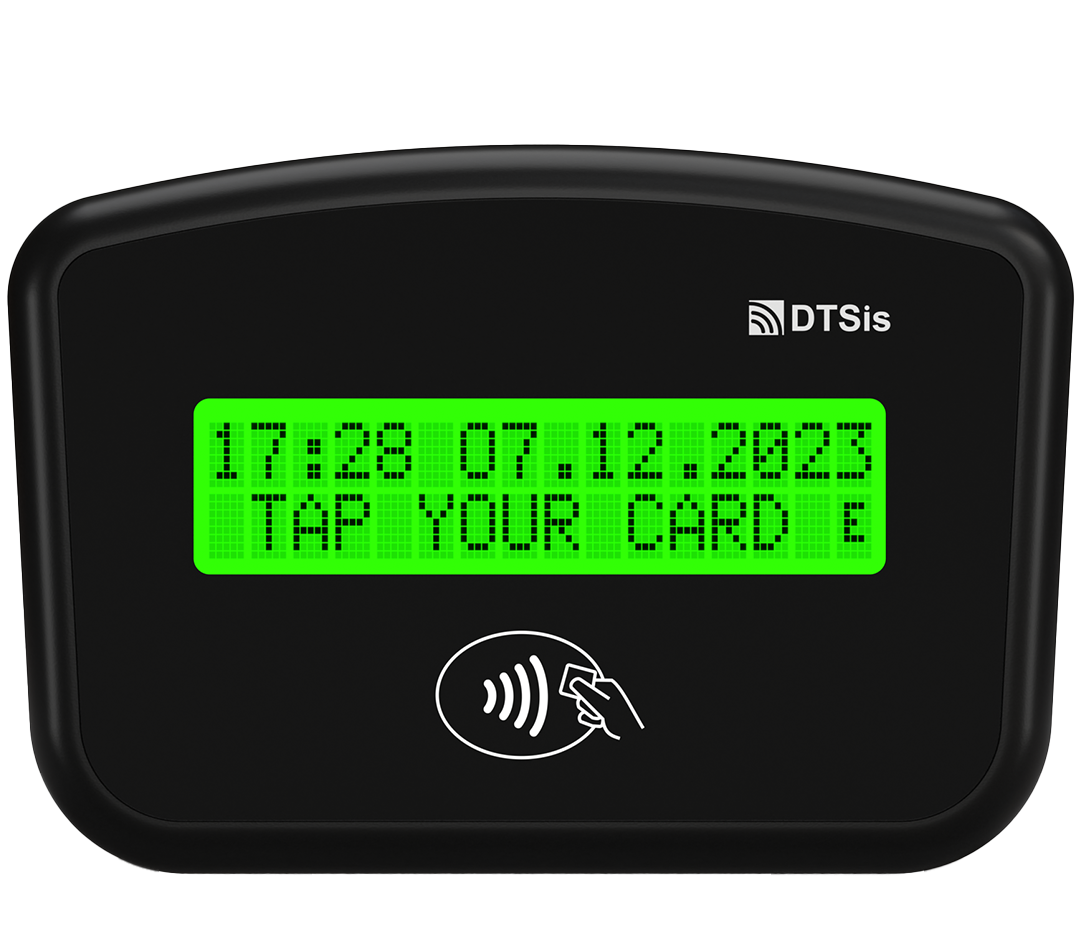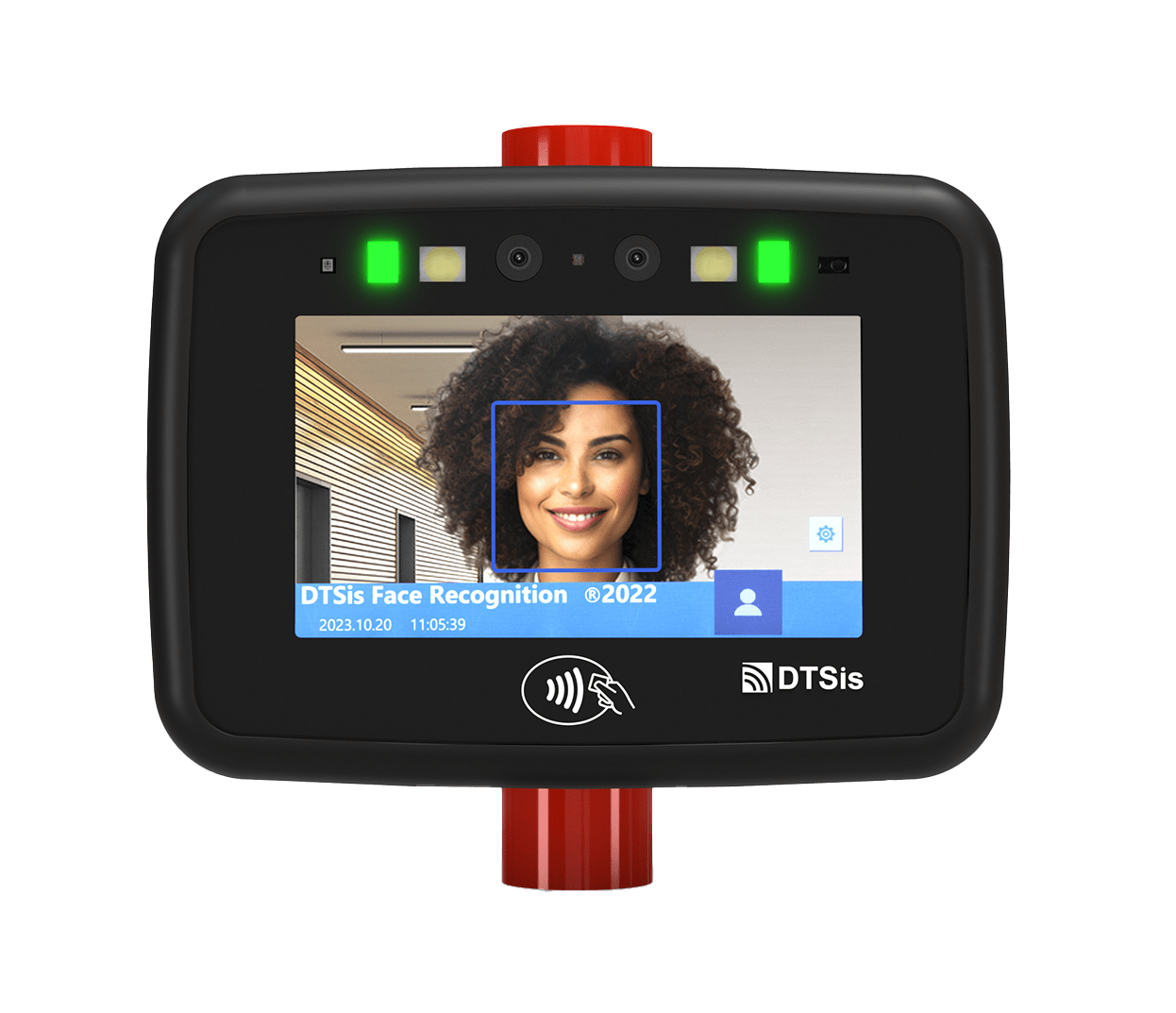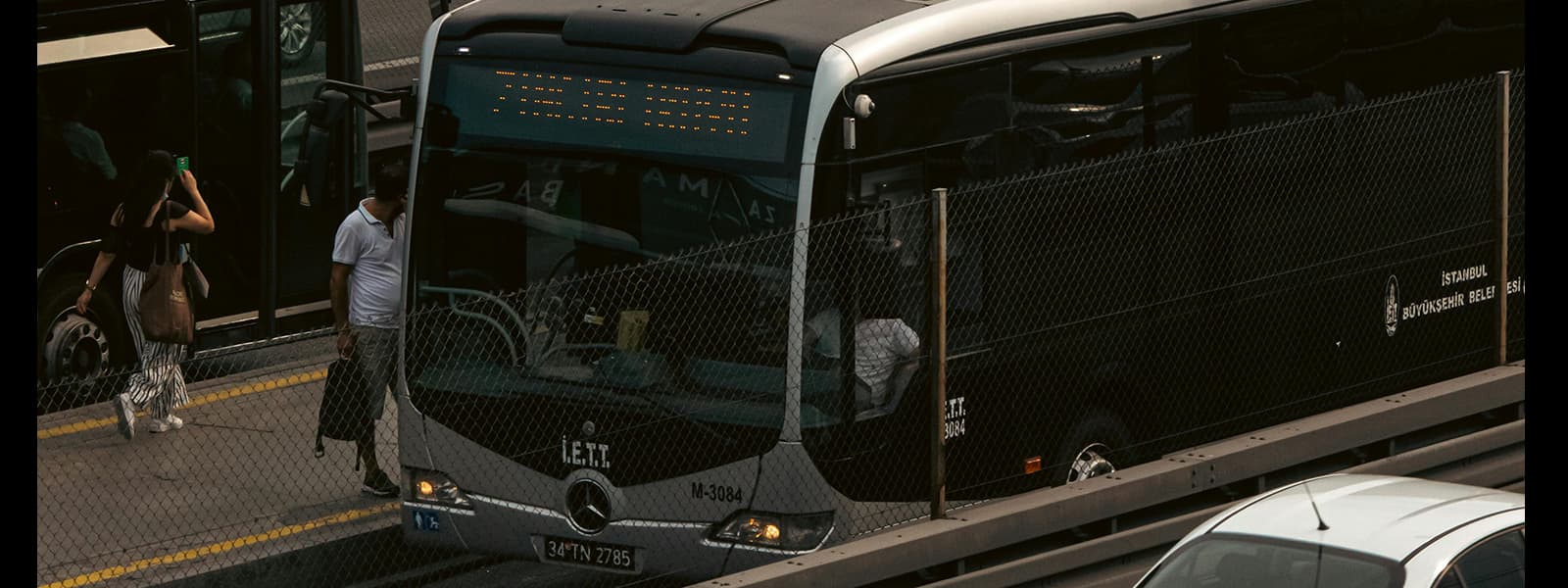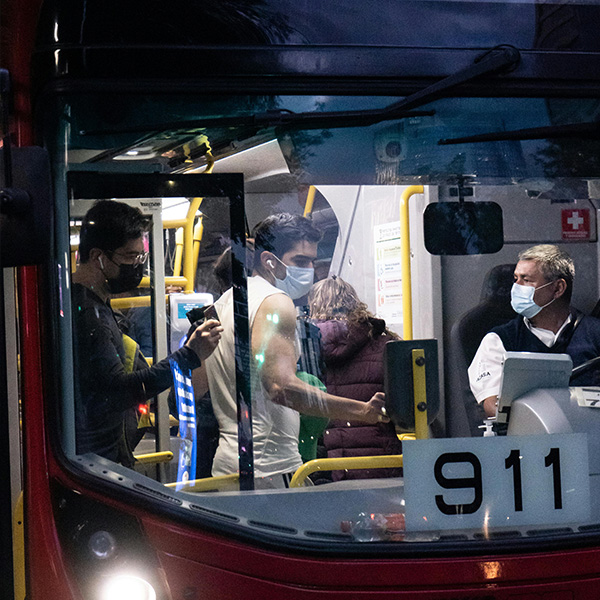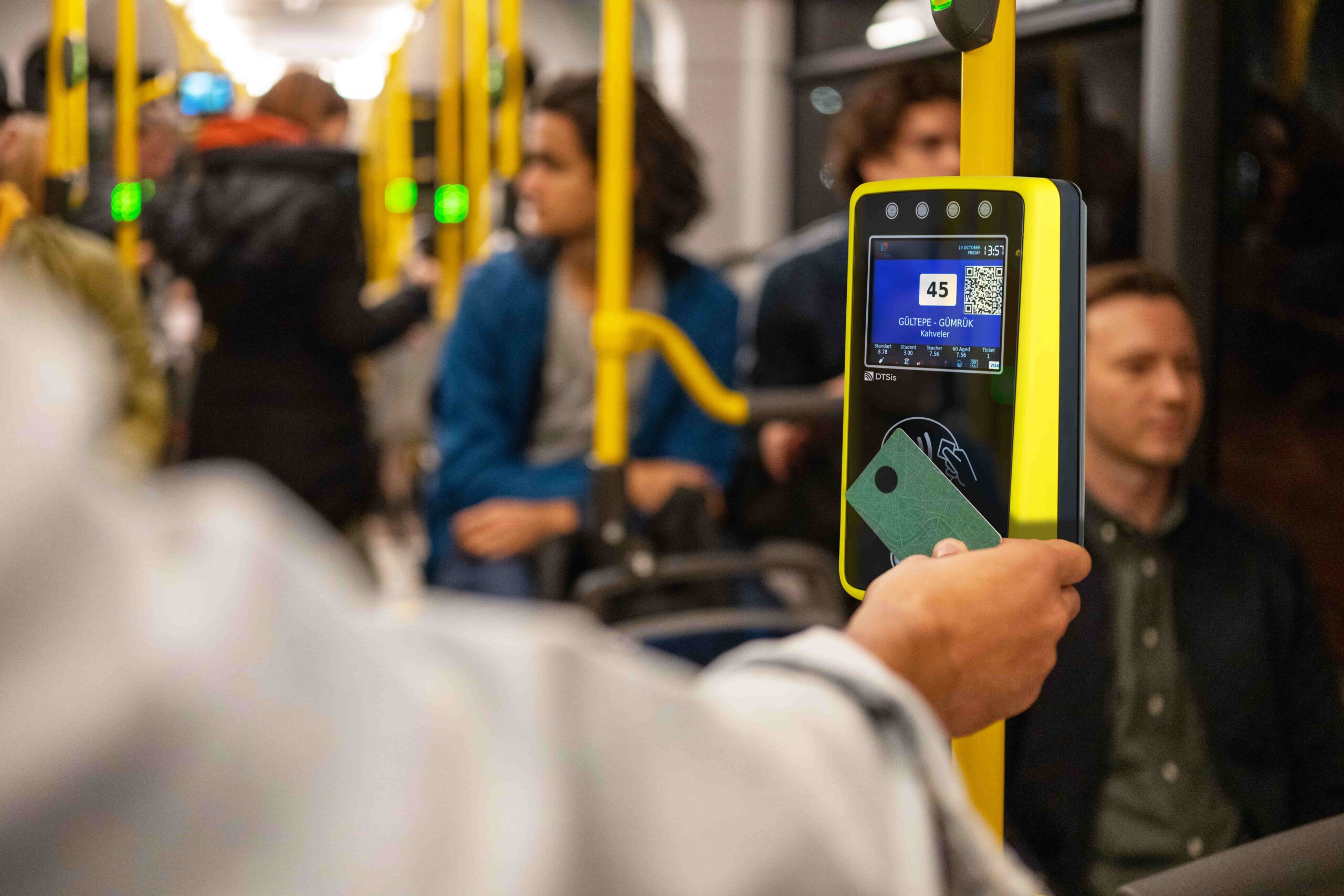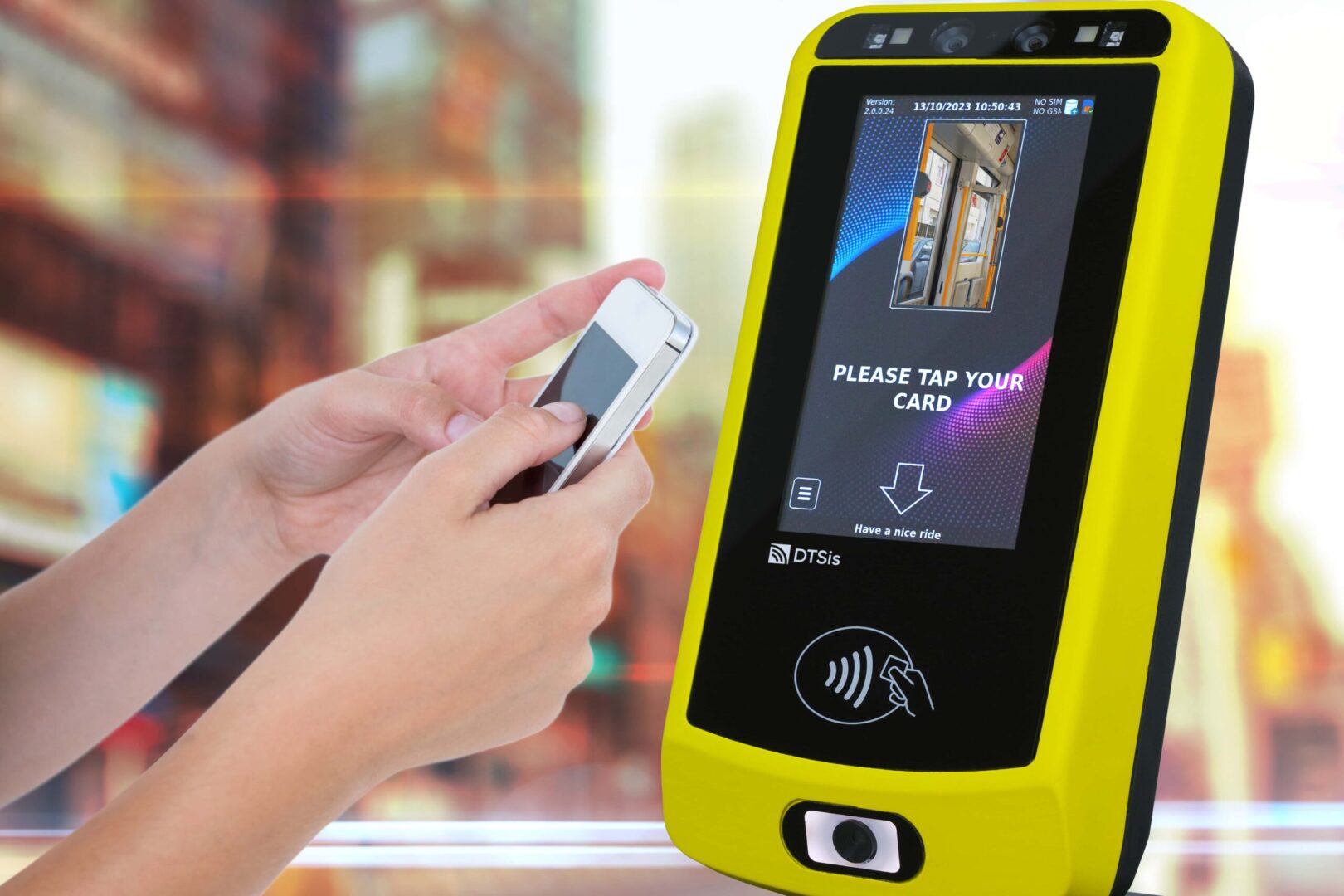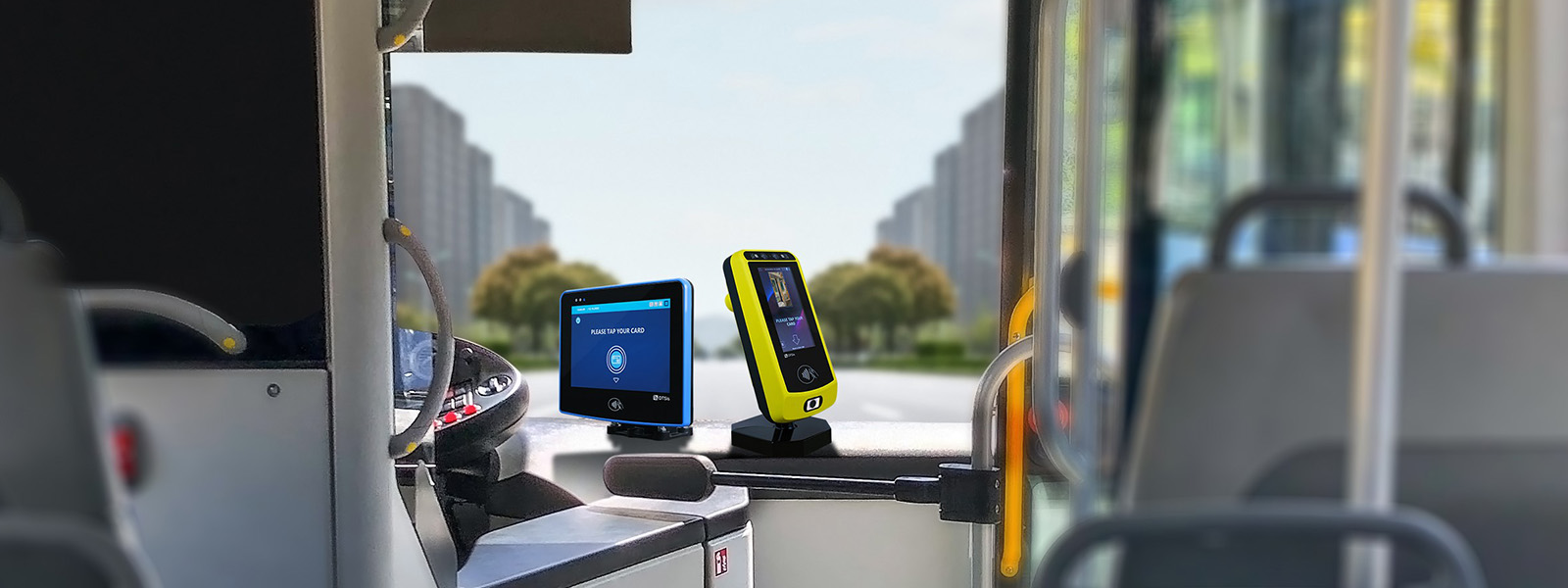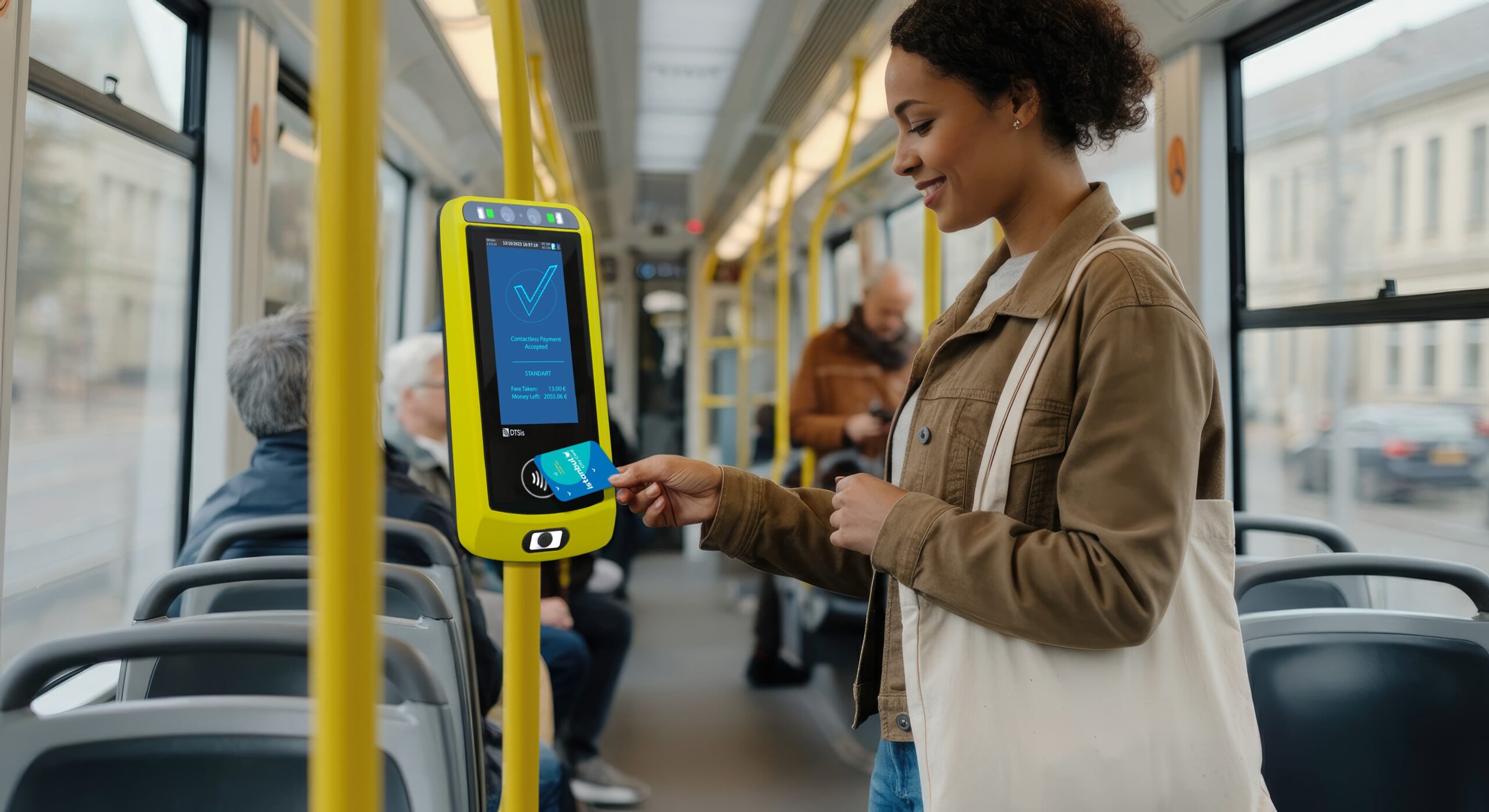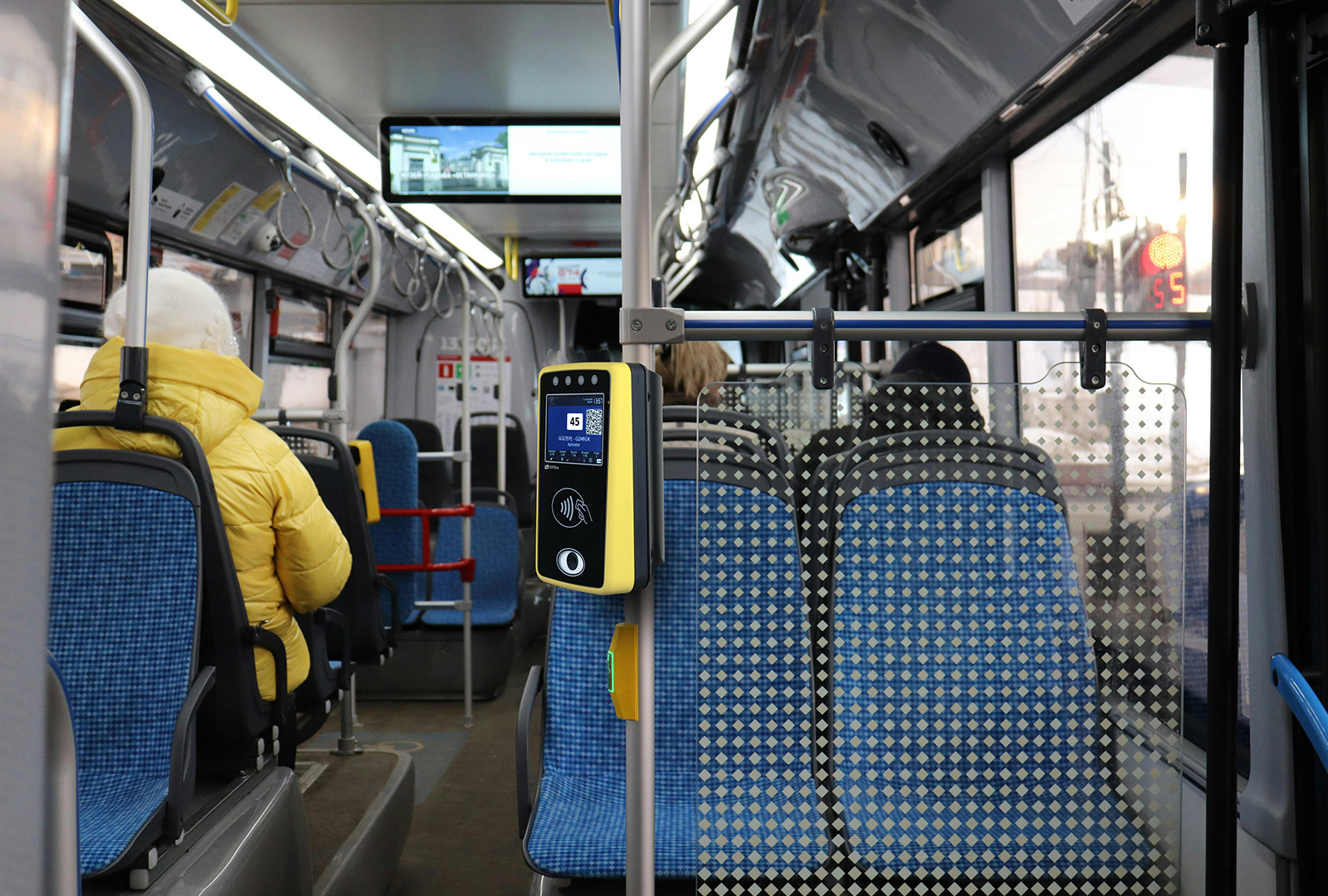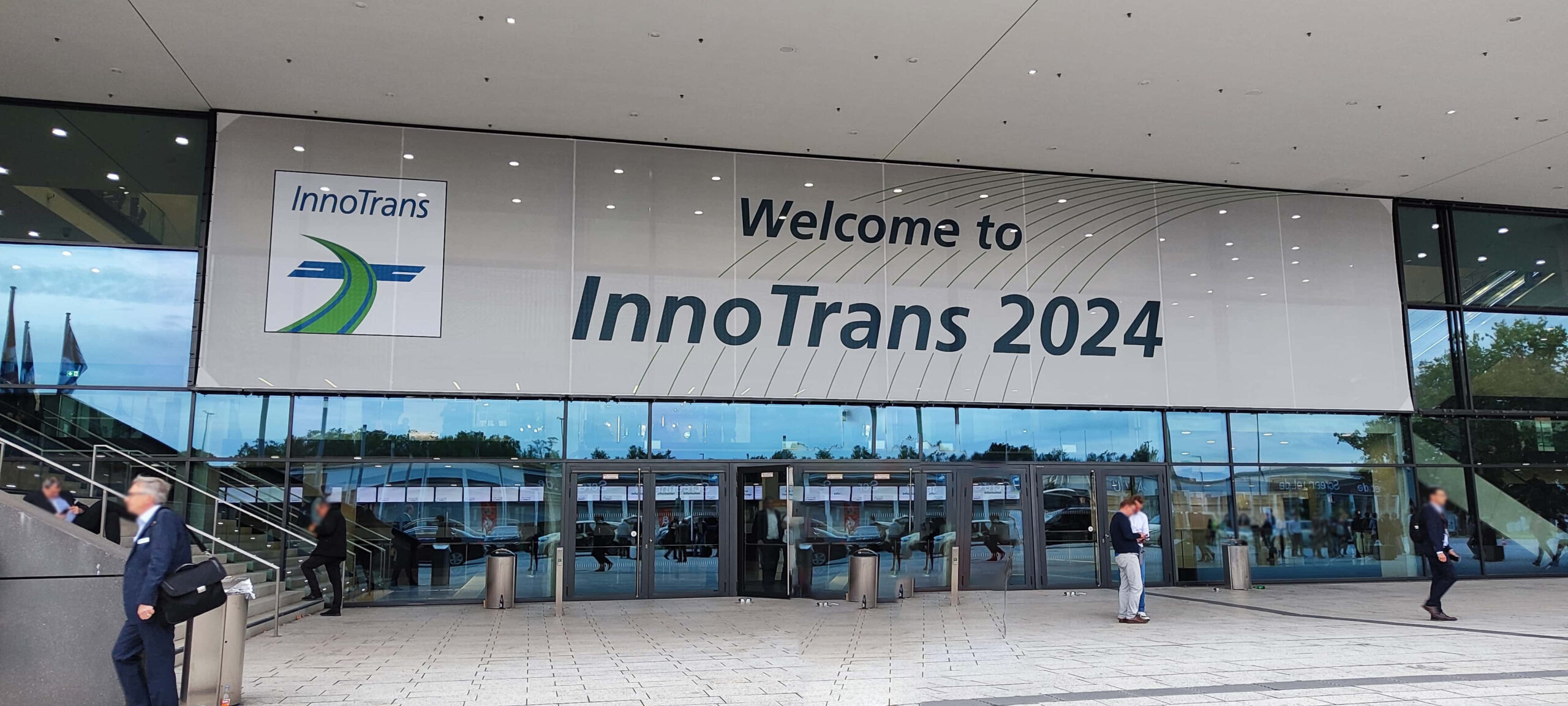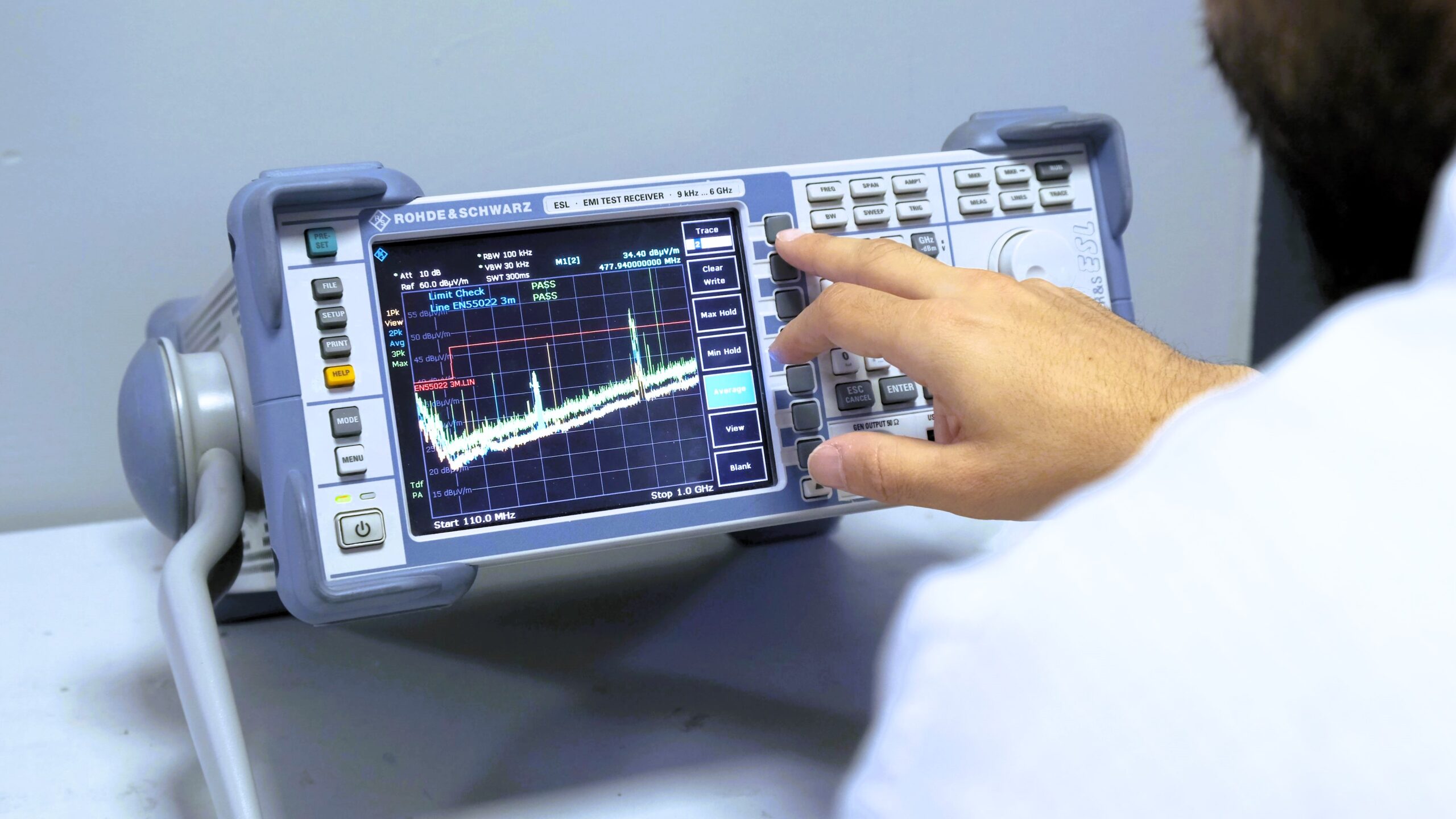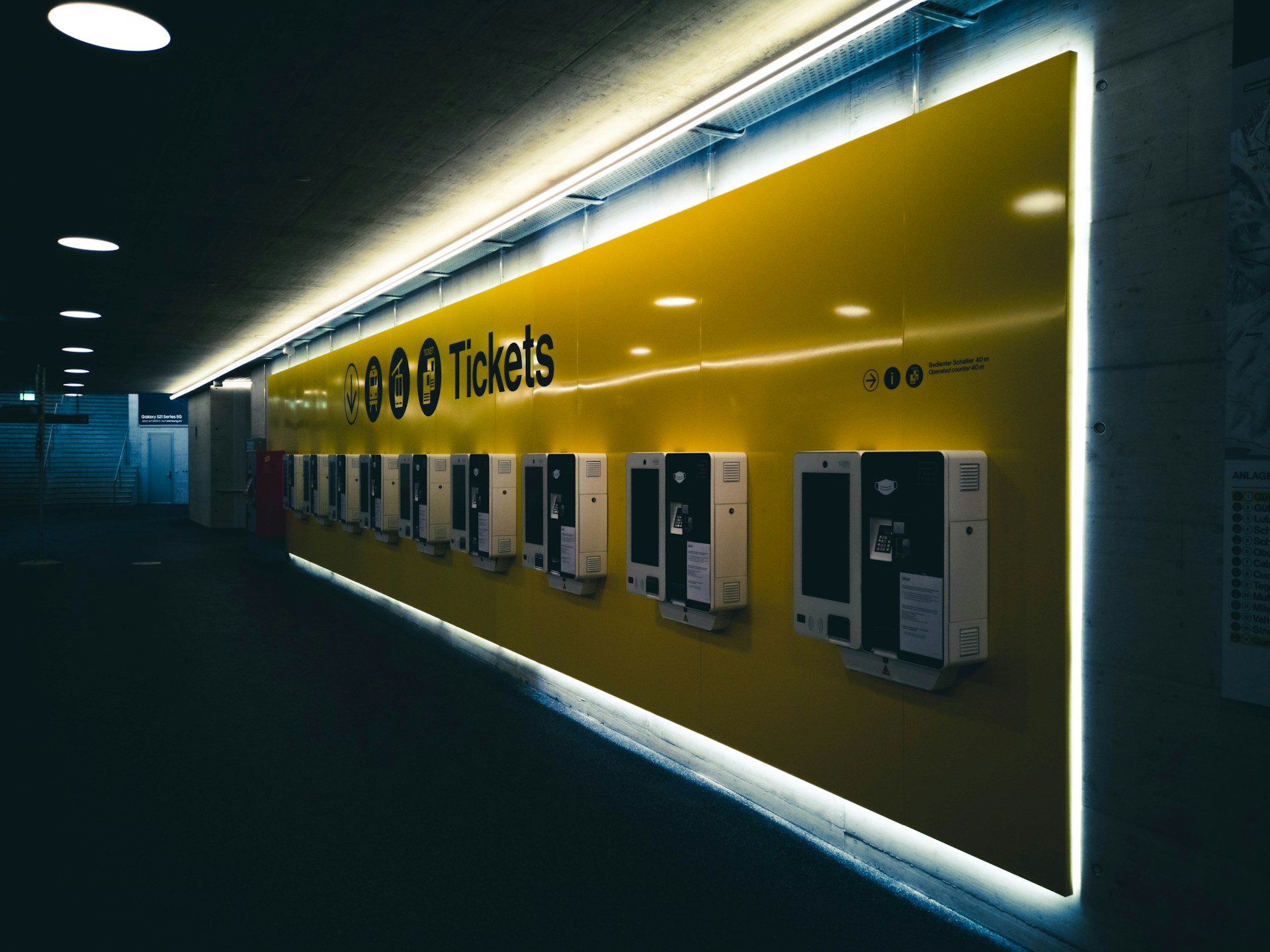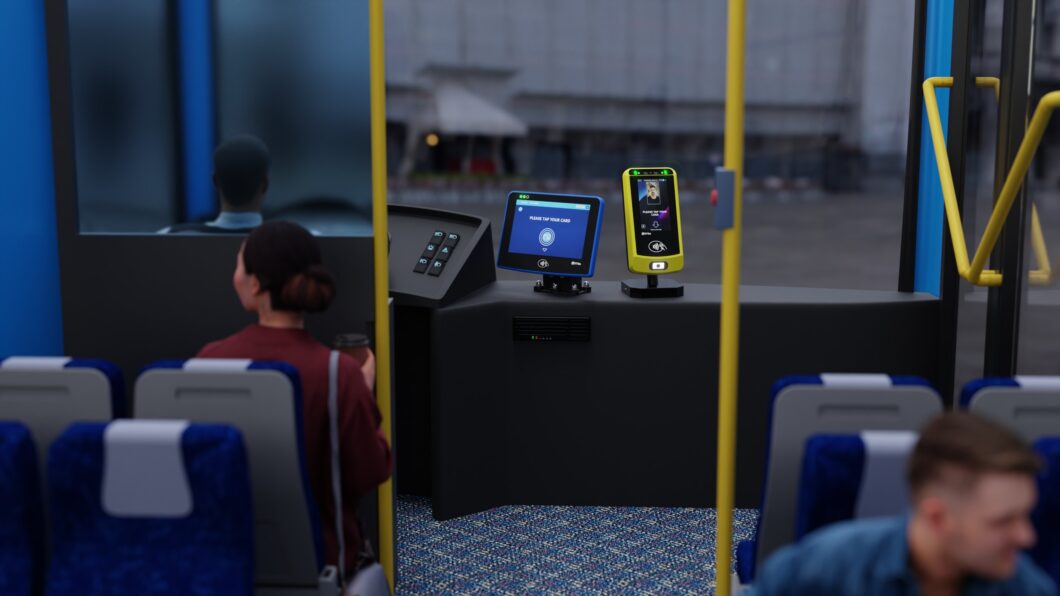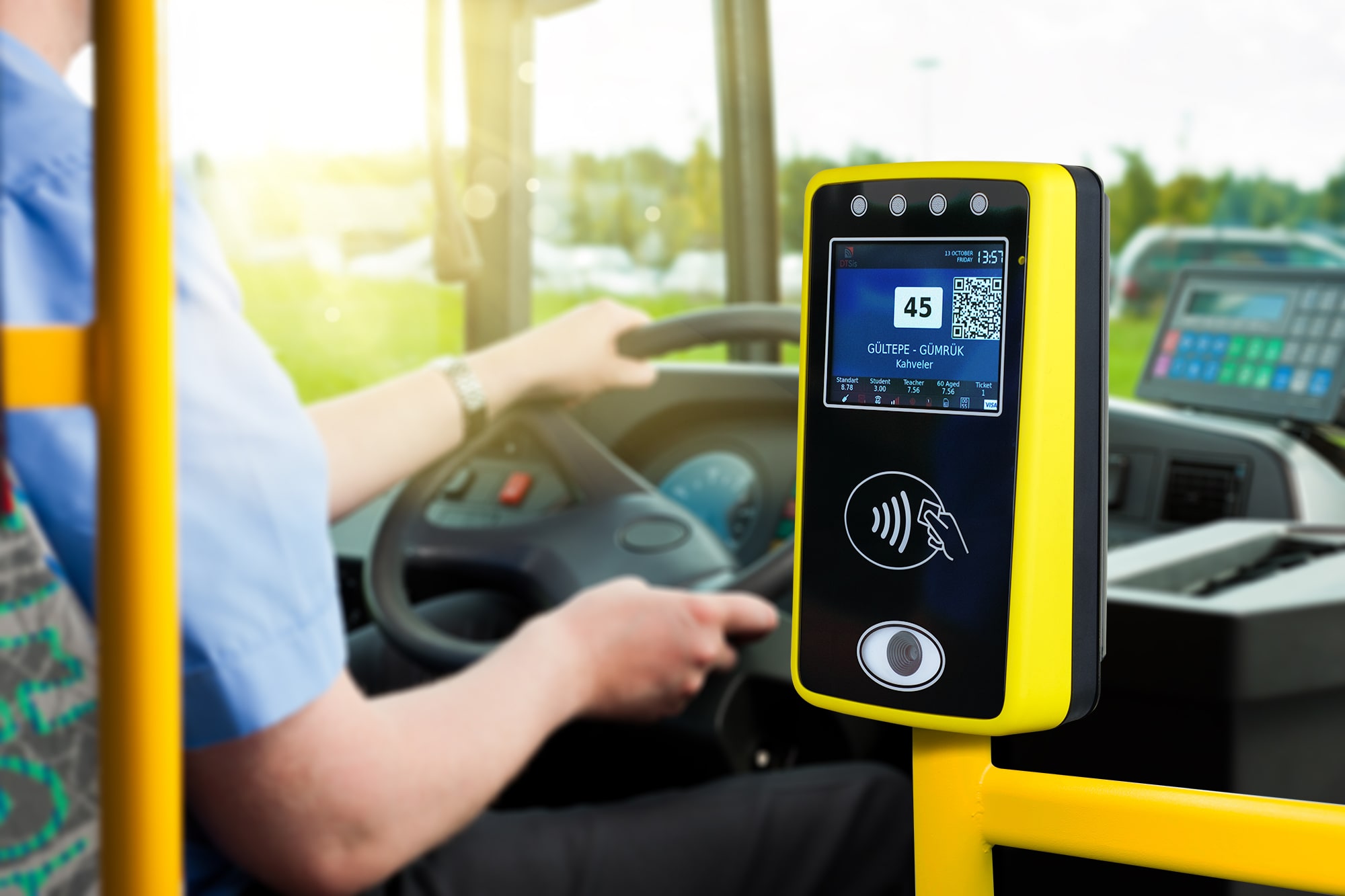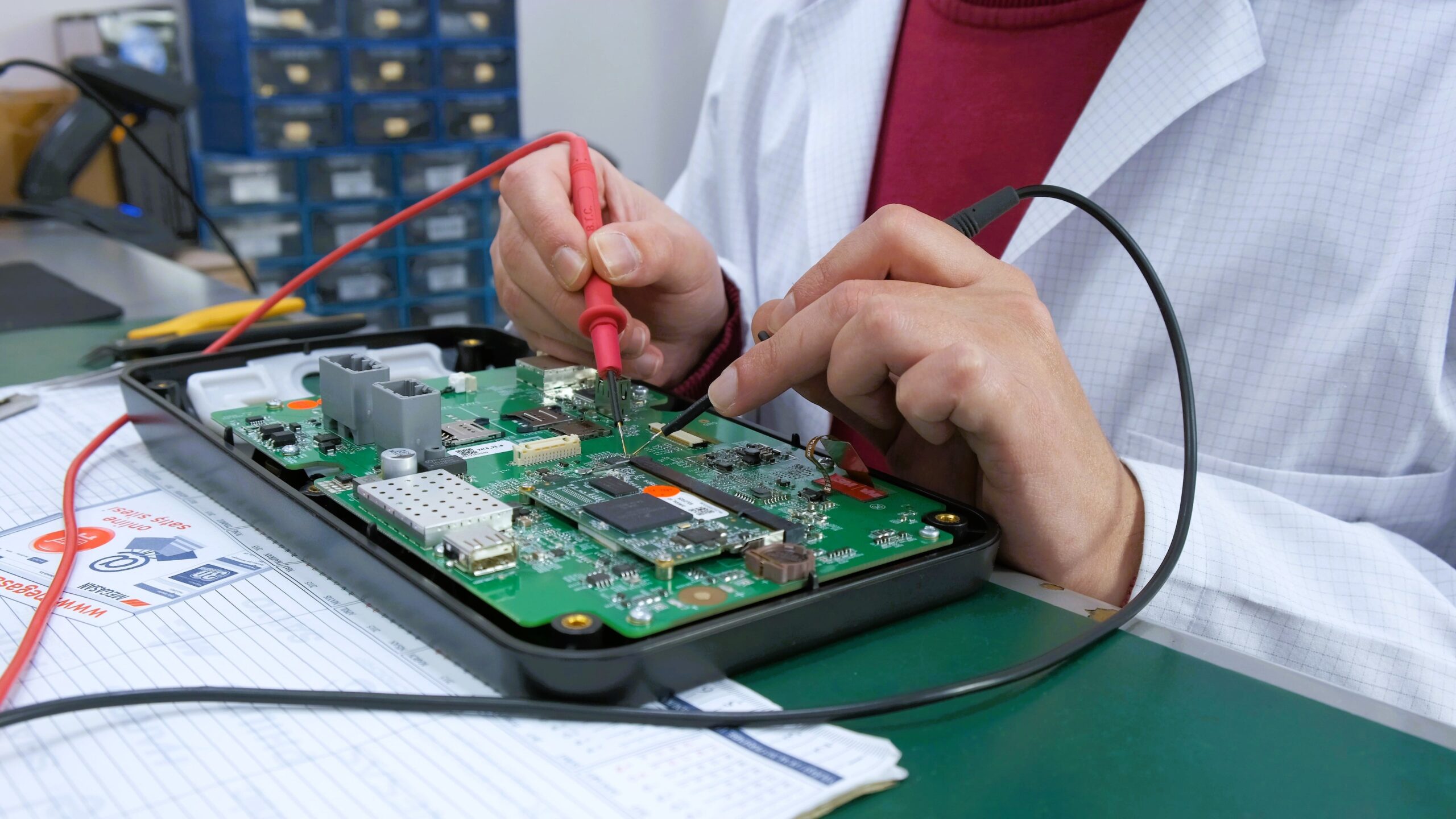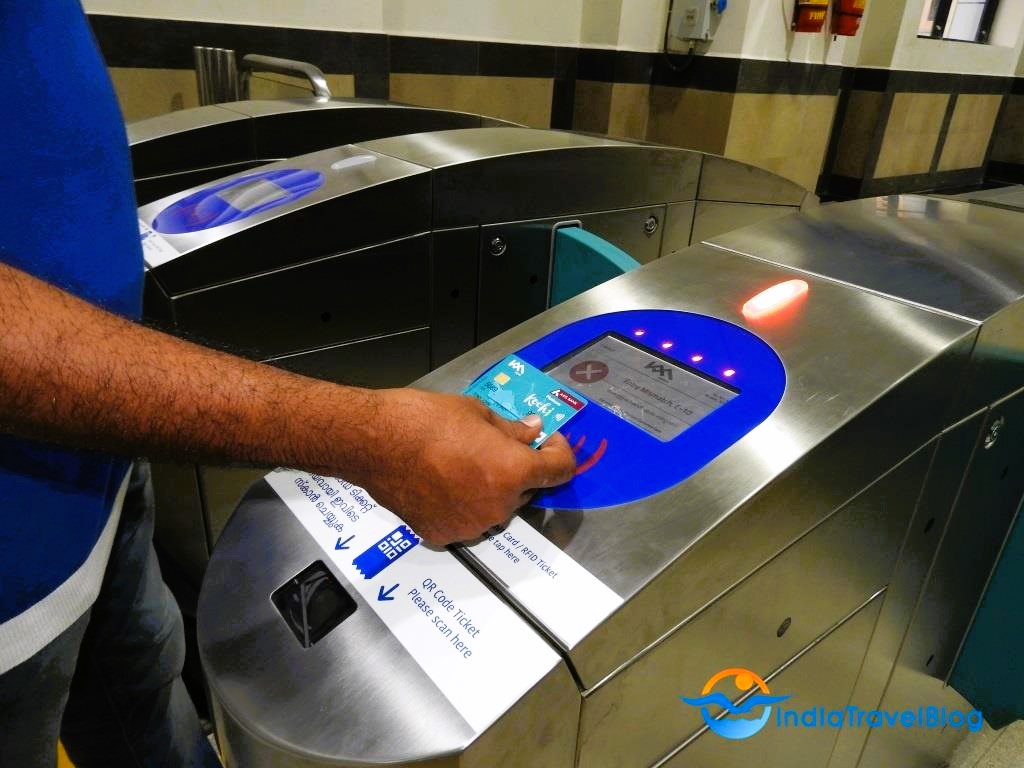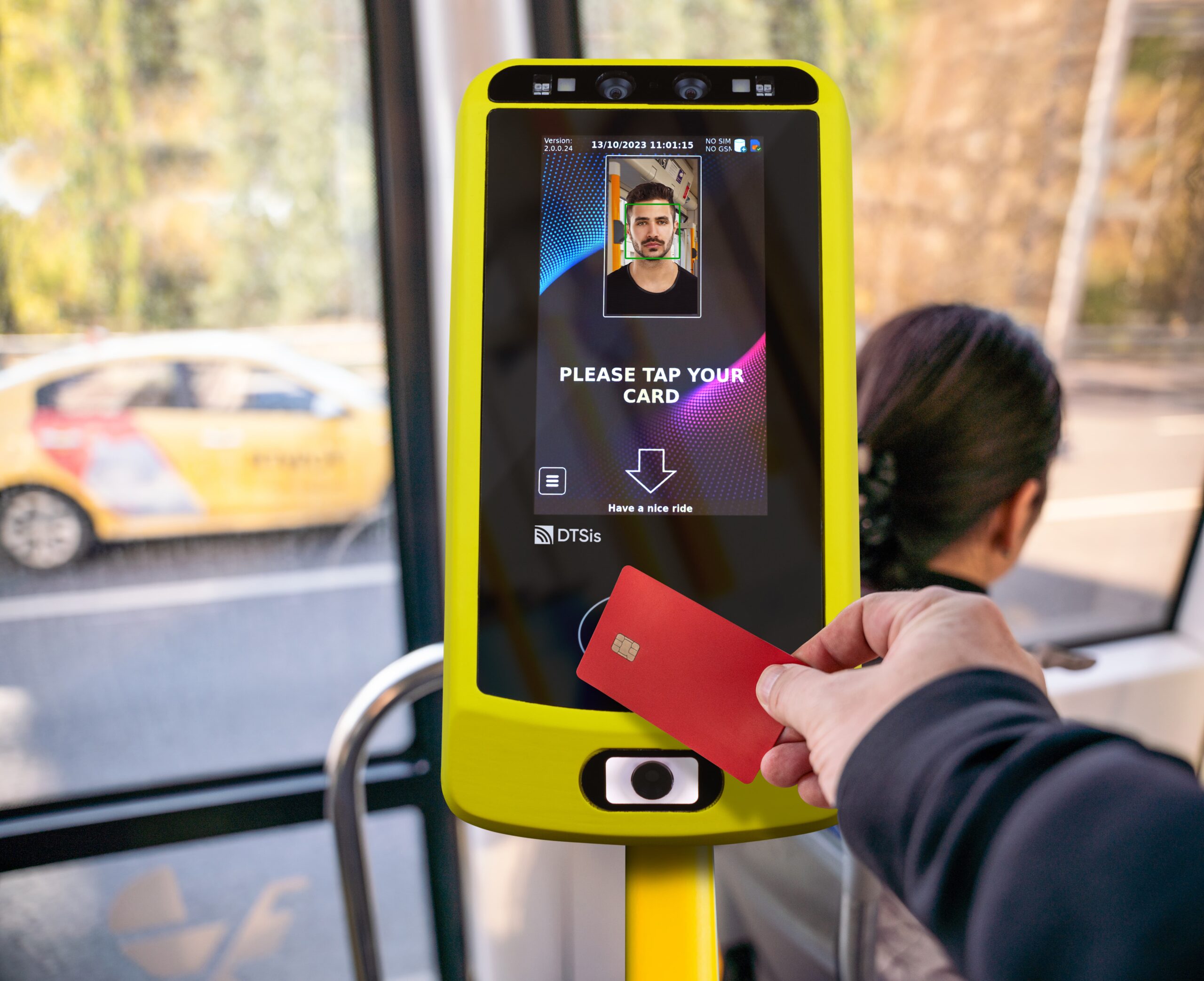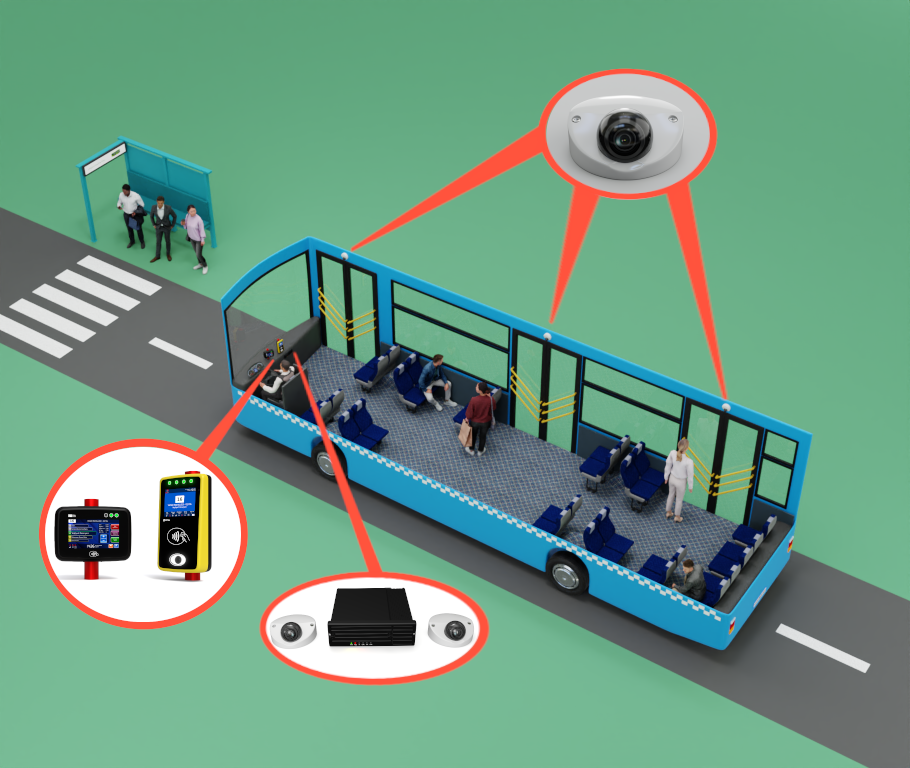Traveling to a new city can be exciting, but using public transportation can be confusing for tourists. From buying tickets to understanding the fare system, it can be overwhelming. However, Smart Fare Collection Systems make travel easier. Using modern technology, these systems allow tourists to pay for transportation in a simple, flexible, and efficient way, making the experience much more seamless.
What is Smart Fare Collection?
Smart fare collection refers to a payment system that uses advanced technology, such as contactless cards, mobile apps, and digital wallets, to allow passengers to pay for public transportation. These systems typically include features like contactless payment, mobile ticketing, and integrated fare structures that make it easier to pay for travel without the need for paper tickets or cash.
In smart fare systems, passengers can use smart cards, bank cards, or mobile devices (like smartphones or smartwatches) to tap in and out of transport services. The system automatically calculates fares based on distance, zones, or time, and payments are processed quickly and securely.
How Smart Fare Collection Makes Public Transport Easier for Tourists?
1. No Need for Local Transport Cards
One of the most common challenges tourists face is purchasing local transport cards or tickets. Smart fare collection eliminates this need by allowing tourists to use their existing credit or debit cards or mobile wallets. This means tourists don’t have to figure out where to buy a local card, avoid carrying multiple cards, or have to deal with the hassle of converting currency for transport tickets.;
2. Seamless and Fast Payment
Traditional ticketing systems often involve long queues, complicated machines or confusing fare structures. Smart fare collection makes the payment process quick and easy. Tourists can reduce waiting times and avoid unnecessary delays by simply touching their cards or mobile devices to the fare reader. This efficiency not only speeds up travel, but also reduces congestion at stations and bus stops.
3. Universal Compatibility
Smart fare systems typically work with global payment networks such as Visa, Mastercard, Apple Pay, and Google Pay. This universal compatibility allows tourists from any country to use international payment methods without having to worry about local cards or tickets. Whether they are from Asia, Europe, or North America, tourists can use the same payment methods they use in their own country, ensuring a seamless experience.
4. Integrated Fare Systems and Flexibility
Many smart fare systems offer integrated fare structures that allow travelers to use the same payment method across different modes of transportation within a city (bus, tram, metro, etc.). Additionally, these systems may offer features such as fare capping, where tourists will only pay a certain daily or weekly maximum amount, even if they take multiple trips. This makes it easier to budget for transportation and eliminates the risk of overpaying.
5. Eliminate Language Barriers
Public transportation systems often present challenges for tourists due to language barriers, especially when purchasing tickets from machines that have text or instructions in the local language. Smart fare collection systems overcome this problem. Since payments are processed through global payment networks or mobile apps, tourists can simply tap their cards or phones without having to read complicated instructions or interact with foreign language interfaces.
What Transportation Agencies Need to Do to Implement a Smart Fare Collection System
While smart fare collection systems provide clear benefits for tourists, there are key steps transportation agencies need to take to ensure the systems operate efficiently, smoothly, and safely.
Invest in Contactless Payment Infrastructure;
Partner with Global Payment Providers;
Ensure Seamless Integration with Local Fare Structures;
Monitor and Improve the System.

